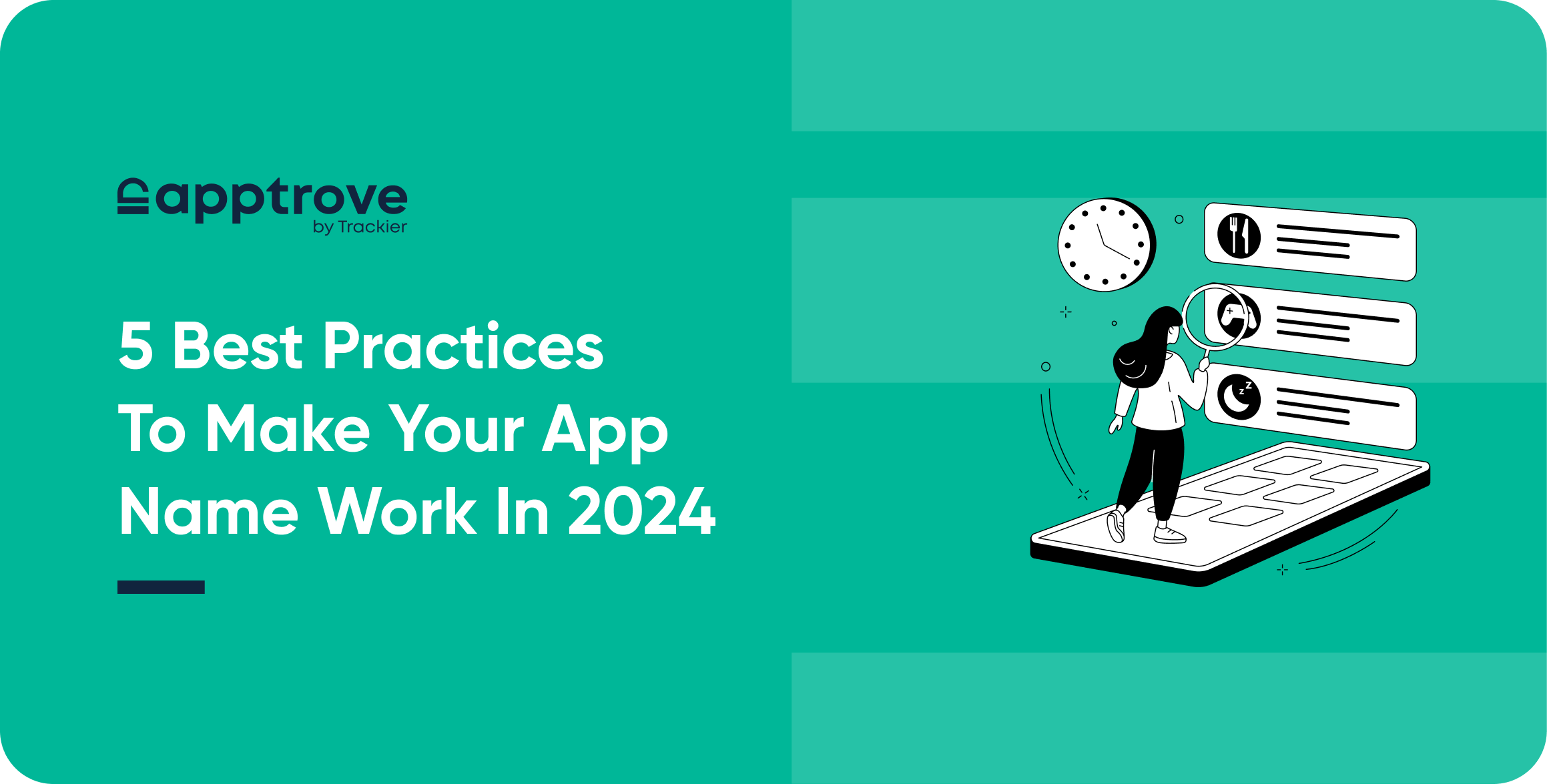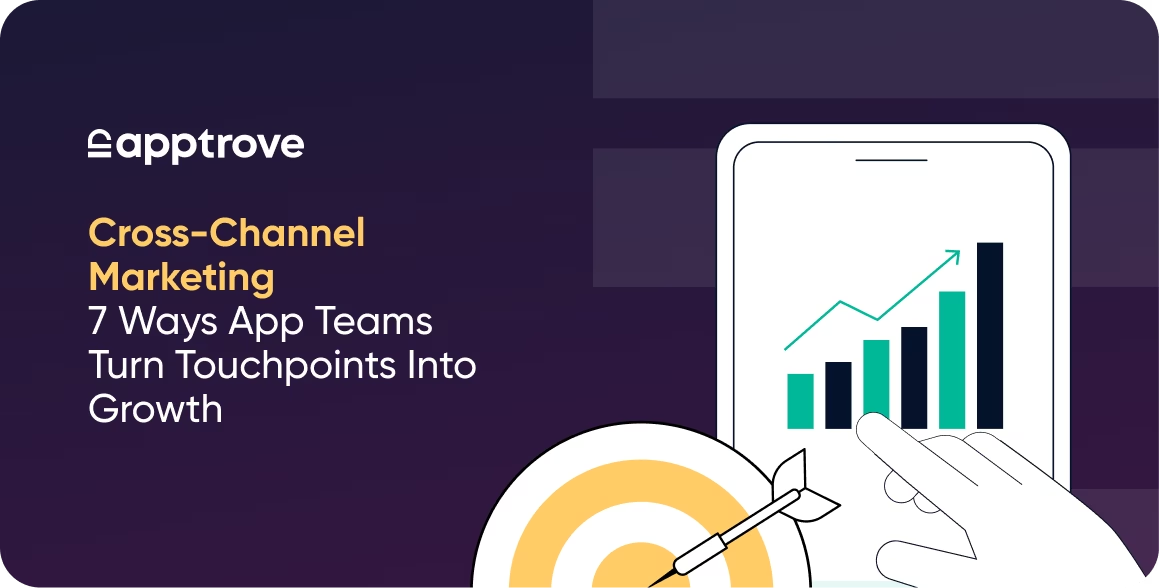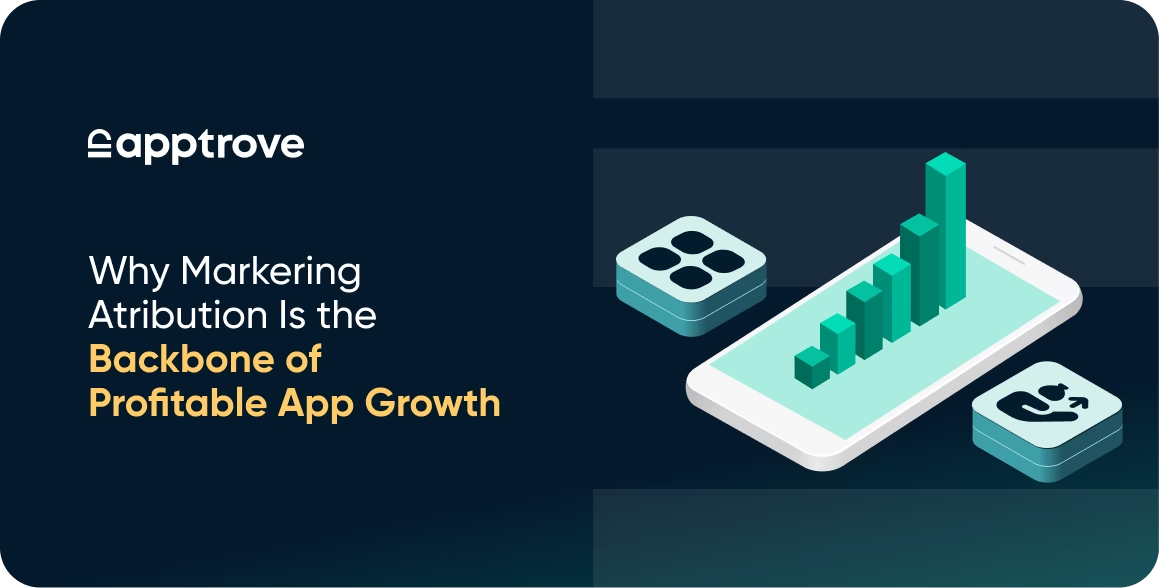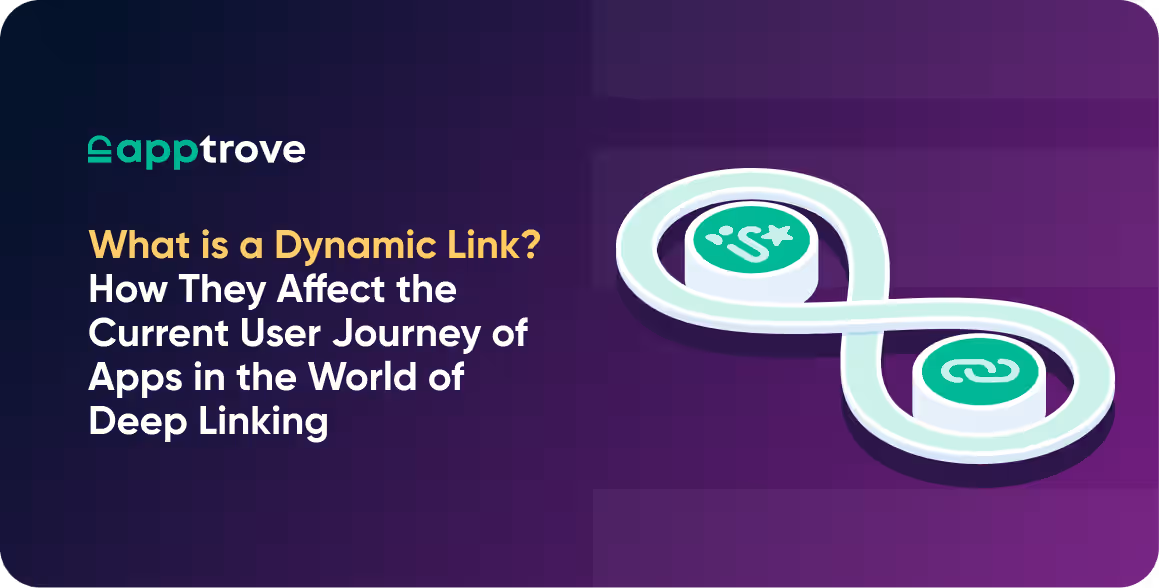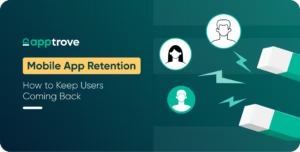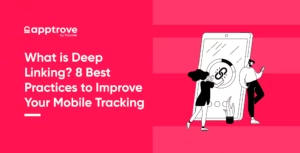According to marketers, the application OR app name is intended to trigger a brand emotion in the customer’s heart and leave it in their memory by a specific label, making application naming a crucial component of its branding.
The app name will follow the product everywhere it appears, so it is crucial to pick a name that will assist your product advance and encounter fewer marketing challenges.
The app title—that is, the name of your app—is quite significant for two key reasons. First of all, together with the symbol, it is the first written description of your app that your potential users will see. Second, it contains the data that Google Play’s ranking algorithm considers to be the most pertinent.
We’ll learn why you should name apps appropriately in this article to help them stand out in the digital world.
Google Play Store Optimization and Ranking Factors
To determine what your app is about, Google Play’s algorithm searches your app’s metadata for certain terms. To help Google determine where your app should appear in search results, these terms—also known as keywords—must highlight the major elements of your app. The most significant factor affecting Google Play app store optimization, or Google Play ASO, will be the keywords you include in your app’s title.
You can ensure that your app will show up in pertinent Google Play searches by doing this. This implies that your chances are higher when your potential users are browsing for apps and mobile games similar to yours.
- What area does the algorithm search for keywords in?
- App Name
- Full Description
- Short Description
- Examining apps
Learn More About TRACKIER Mobile Measurement Partner From Here!
How Does the Title of Your App Affect App Rankings in ASO?
You must be aware that, unlike iOS, Google Play does not provide developers access to a Keyword Field when discussing Android apps. The most significant keywords are therefore filtered out of the title by the algorithm, and the lower in the title the keywords are placed, the less relevant they are. Short version: Your app title should contain your most crucial keywords.
The aim is to highlight your brand identity and the most salient features in your app title. However, pay close attention because your potential clients will find you through the app title, which still needs to make sense.
Potential consumers will form an opinion of your app based on the title and icon of your app and, hopefully, determine whether to visit the app page.
Keep in mind that the more people that visit your app page, the more relevant Google Play will find you to be. In addition, your app ranks improve the more relevant you are. But if a lot of people visit your app page but don’t download it, it suggests your app metadata has to be updated.
Therefore, always keep in mind that your App Title must coincide with the details shared in the remainder of your app store listing.
5 Best Practices To Make Your App Title Work In 2024
1. Select and include your primary keywords in the app title.
To make a strong first impression and stand out in the search results, you have 50 characters.
You should explain the purpose of your app there. You still need the app title to make sense, so avoid stuffing this box with meaningless keywords. Use your 50 characters to good effect.
2. App description and app title keywords
In contrast to iOS, you should use your primary keywords repeatedly in the app description. Avoid cramming your content with keywords at all costs because it could harm your search engine rankings. Make careful to repeat keywords in the metadata between three and eight times. Keep in mind that the keywords you use in the title and brief description will be more relevant than those you use in the app description.
3. Localize the App’s Name
Always take the effort to translate your app’s title and metadata if you are selling it through several marketplaces. They will be more likely to visit the app page if they find an app title in their native language among the search results. Keep in mind that localization is different from translation. You can use App Radar to uncover relevant keywords for various markets in your category field.
4. Brand names
Avoid using trademarks that are not yours in the title of your app. This may disrupt Google’s algorithm, which will hurt your rankings.
5. Synonyms
Avoid using synonyms in the app’s name. Find out which long- and short-tail keywords are most popular and easiest to rank for. Use them on the title after that. In the brief description, which is the second location the Google algorithm will check for keywords, you can utilize the synonyms directly.
Bottom Line
Your app’s title is crucial and shouldn’t be overlooked in the first place. Each company makes a distinct decision as to whether or not to incorporate keywords in their optimised app titles, which begin with a memorable brand name.
Spend time and effort choosing a name that is distinctive, pertinent, and appropriate in a variety of contexts. Avoid attempting to manipulate the system by using a deceptive or keyword-rich app title. Downloads will come after you strike the appropriate balance between distinctive and descriptive.
Besides, if you need any further clarification on this topic or want to discuss about any of our services. Feel Free to contact us.
